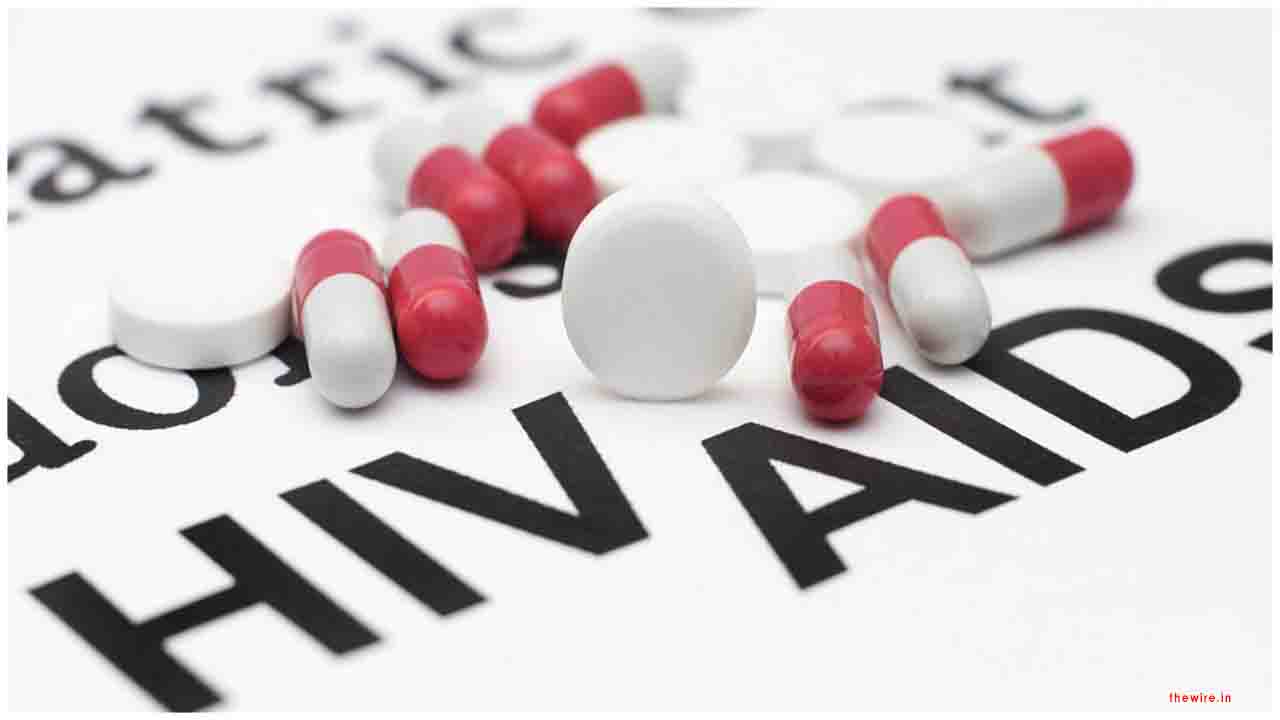In March 2020, the RECOVERY trial was established as a randomized clinical trial to test a range of potential treatments for COVID-19, including lopinavir-ritonavir (an antiviral treatment commonly used to treat HIV). Over 11,800 patients have been enrolled from 176 NHS hospitals in the UK.
On Thursday 25 June, the independent Data Monitoring Committee conducted a routine review of the emerging data and recommended that the chief investigators be unblinded to the results for the lopinavir-ritonavir arm.
Today, the trial Steering Committee concluded that there is no beneficial effect of lopinavir-ritonavir in patients hospitalized with COVID-19 and closed randomization to that treatment arm.
A total of 1596 patients were randomised to lopinavir-ritonavir and compared with 3376 patients randomised to usual care alone. Of these patients, 4% required invasive mechanical ventilation when they entered the trial, 70% required oxygen alone, and 26% did not require any respiratory intervention. There was no significant difference in the primary endpoint of 28-day mortality (22.1% lopinavir-ritonavir vs. 21.3% usual care; relative risk 1.04 [95% confidence interval 0.91-1.18]; p=0.58) and the results were consistent in different subgroups of patients. There was also no evidence of beneficial effects on the risk of progression to mechanical ventilation or length of hospital stay.
These data convincingly rule out any meaningful mortality benefit of lopinavir-ritonavir in the hospitalized COVID-19 patients we studied. We were unable to study a large number of patients on invasive mechanical ventilation because of difficulty administering the drug to patients on ventilators. As such, we cannot make conclusions about the effectiveness of mechanically ventilated patients. Full results will be made available as soon as possible.
Peter Horby, Professor of Emerging Infectious Diseases and Global Health in the Nuffield Department of Medicine, University of Oxford, and Chief Investigator for the trial, said: ‘Today we release the third set of results from the RECOVERY trial. These preliminary results show that for patients hospitalized with COVID-19 and not on a ventilator, lopinavir-ritonavir is not an effective treatment. In 100 days, the RECOVERY trial has provided results enabling change in global practice three times. This extraordinary national effort has shown that two drugs used to treat hospitalized COVID patients throughout the world, hydroxychloroquine and lopinavir-ritonavir, do not improve survival, whilst one drug that was not recommended, dexamethasone, saves lives.’
Martin Landray, Professor of Medicine and Epidemiology at the Nuffield Department of Population Health, University of Oxford, and Deputy Chief Investigator, said ‘These are clear results and once again emphasize the value of large randomized clinical trials in differentiating drugs we hope work from treatments we know do work. In many countries, current guidelines recommend lopinavir-ritonavir as a treatment for COVID-19. The results from this trial, together with those from other large randomized trials, should inform revisions to those guidelines and changes to the way individual patients are treated.
These results have been made possible by the huge efforts of the many doctors, nurses, and other healthcare staff that are contributing to RECOVERY – and above all the patients whose participation is driving forward our knowledge of how best to treat COVID-19.'
Professor Fiona Watt, Executive Chair of the Medical Research Council, which helped fund the trial, said ‘It is very important that we test potential therapies in randomized clinical trials so that we can find out whether re-purposed drugs work or not. The UK’s RECOVERY trial is the world’s largest randomized trial of potential COVID-19 treatments and has worked with unprecedented speed to start delivering the answers we need. Whilst it is disappointing that lopinavir/ritonavir, like hydroxychloroquine, has been found to be ineffective, the earlier findings with dexamethasone were positive. Researchers and health professionals are now focusing their efforts, and patient care, on other promising drugs.’
The RECOVERY trial is a large, randomized controlled trial of possible treatments for patients admitted to hospital with COVID-19. Over 11,800 patients have been randomized to the following treatment arms or no additional treatment:
Lopinavir-Ritonavir (commonly used to treat HIV)
Low-dose Dexamethasone (which has now been stopped in adults due to clear evidence of benefit among patients requiring ventilation or oxygen)
Hydroxychloroquine (which has now been stopped due to lack of efficacy)
Azithromycin (a commonly used antibiotic)
Tocilizumab (an anti-inflammatory treatment given by injection)
Convalescent plasma (collected from donors who have recovered from COVID-19 and contains antibodies against the SARS-CoV-2 virus).
Within the past few weeks, the trial has reported results for two of these treatments. It showed no benefit of hydroxychloroquine in this population, and by contrast, that low-dose dexamethasone reduces the risk of death by about one-third among patients receiving ventilation and by one-fifth in those requiring oxygen alone (but with no benefit among those not requiring respiratory support). A manuscript describing the dexamethasone results is under peer review with a leading medical journal and a pre-print is available online. The results for the hydroxychloroquine and lopinavir-ritonavir treatments are being prepared for submission.
RECOVERY continues to enroll patients to allow the study of azithromycin, tocilizumab, and convalescent plasma. It is anticipated that other treatments will be included for study in the future.
Source; Reuters

 Recovery trial proves HIV drugs to be useless against COVID infection
Recovery trial proves HIV drugs to be useless against COVID infection



























.jpg)





